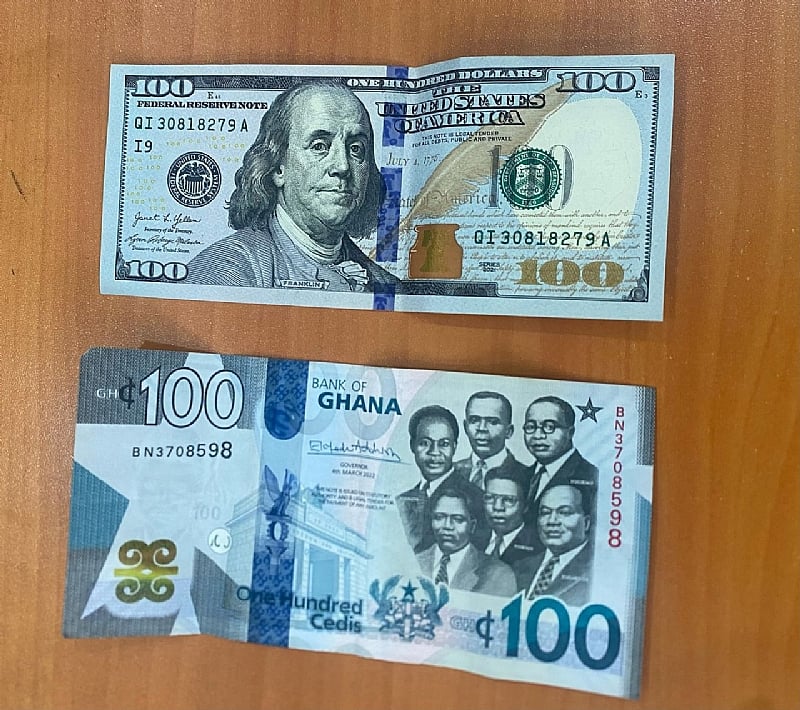The Ghanaian cedi’s remarkable run as the world’s best-performing currency has been cut short by a sharp increase in dollar demand from importers stocking up ahead of the year-end festive season.
Bloomberg data shows the cedi has weakened by 13% so far this quarter — the steepest decline globally. This downturn has partly erased the currency’s earlier 50% surge, which was fueled by higher gold prices and secured its place as the world’s top performer in the second quarter of 2025.
Analysts attribute the pressure to limited dollar supply from the Bank of Ghana. “As of last week, banks that filed dollar needs on behalf of clients to the Bank of Ghana received only about half of their requests,” said Hamza Adam, head of market-risk management at UMB Bank Ltd. “This week the central bank is trying to meet all demand.”
As of 1:50 a.m. in Accra, the cedi traded 0.1% weaker at 11.9507 per dollar, though it still shows a year-to-date gain of 23%.
The surge in imports — from food to machinery — is a seasonal trend as businesses increase stock ahead of the Christmas holidays. Despite Ghana’s gross international reserves climbing to a three-year high of $11.1 billion in June, the central bank has signaled it will not fully release funds to meet foreign exchange demand.
“The cedi should be stable within a reasonable range,” the Bank of Ghana said in a written response. “Our role is to ensure fluctuations remain orderly, reflect fundamentals, and do not undermine confidence in the broader economy.”

